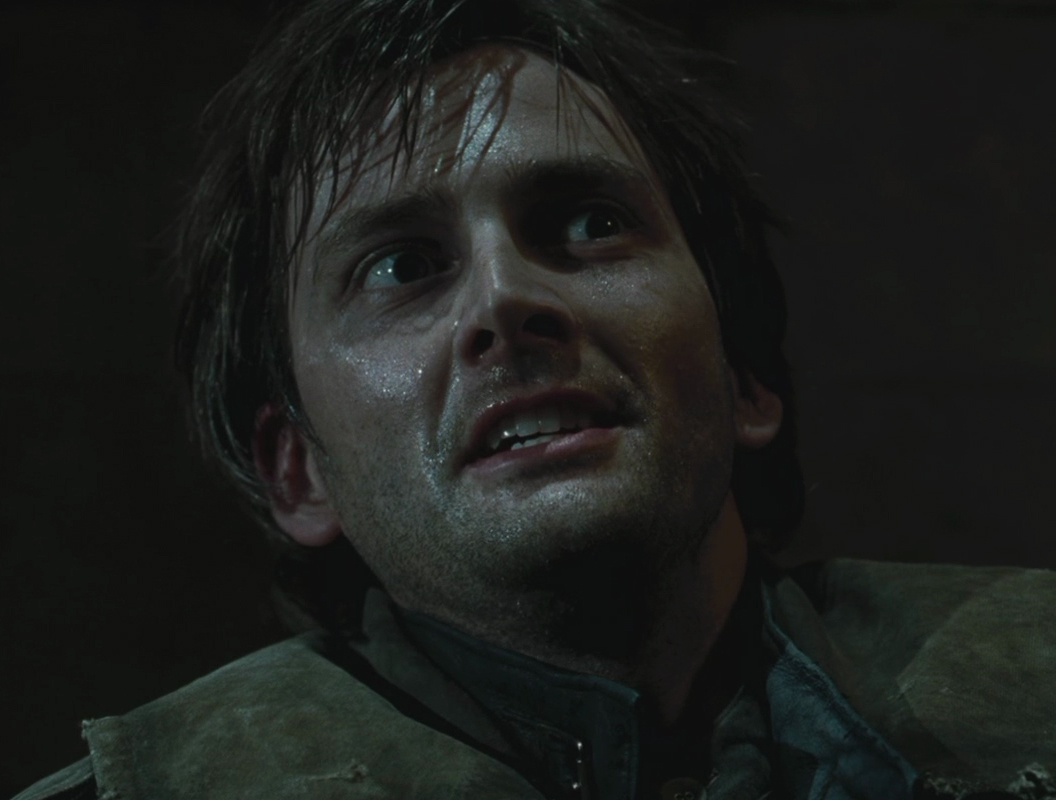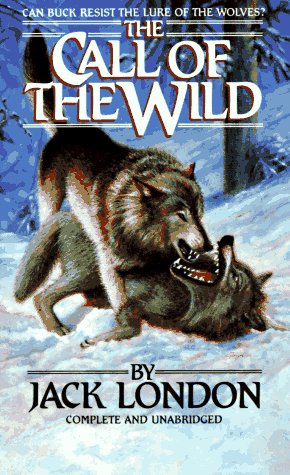Yay more lit terms! Link to definitions!
Gothic Tale:
Well, sadly I couldn't really see Harry Potter applying here. There's some violence and depressing times, but that's not the overall theme of the book. Pretty much everything written by Edgar Allan Poe would be considered a gothic tale. Which reminds me, is anyone watching The Following? Edgar Allan Poe is a strong theme in this show. I think you should totally watch it..
Hyperbole:
Let me take a look. Aha! Found one! "..mountains of roast and boiled potatoes." pg. 203 Harry Potter and the Sorcerer's Stone. As much food as there is on the first day of Hogwarts, I'm preeeetty sure they wouldn't conjure up literal mountains of food!
Imagery:
Imagery is important in the Harry Potter books. J.K. Rowling describes the castle, the forest, the people in such a vivid way, and I believe it wasn't hard for the people making the movie to create these things on the big screen. It seemed to match perfectly with what the book was like.
Implication:
I think in the seventh book, Harry Potter and the Deathly Hallows, the implication is the location of the last few Horcruxes. When I was reading the story for the first time, I had a gut feeling that the last Horcrux HAD to be close to Voldemort, in the event that all the others were destroyed. I was in fact close to the truth. One was Nagini, Voldemort's snake, and there was a hidden seventh Horcrux inside of Harry himself! Trippy.
Incongruity:
Something that marks me as incongruous is the whole part that Barty Crouch Jr. has in Harry Potter and the Goblet of Fire. As Mad-Eye Moody, Crouch assists Harry as much as he can, to make sure he gets to the final round in the tournament. It is then revealed that the Goblet is a Portkey, transports Harry and Cedric to a weak Voldemort, and with Harry's Blood Voldemort is born again. So with all the assistance, Moody aka Crouch was really bringing Harry closer to his enemy instead of the winning prize.
Inference:
From all the crazy fandom to the quiet yet devoted readers of the series, I can INFER that the series is one of the best, if not THE best, book series of the 21st century. Anyone wanna argue with me, you know where I'm at, punk! Just kidding. :)
Irony:
I couldn't think of any myself, so I went to Google. "Mrs. Weasley always scolds her children to behave and not be foul and other things, but when Bellatrix tries to kill Ginny, she says one of the only two swear words in the series." That's actually kinda funny, if that whole battle scene wasn't so sad. :(
Interior Monologue:
Here's a funny one of Harry's.
"She’s Ron’s sister.
But she’s ditched Dean!
She’s still Ron’s sister.
I’m his best mate!
That’ll make it worse.
If I talked to him first—
He’d hit you.
What if I don’t care?
He’s your best mate!"
Inversion:
Sorry, no Harry Potter here. :( But here's an example from JFK's inaugural address!
"United there is little we cannot do in a host of cooperative ventures. Divided there is little we can do." This is an example of inversion, specifically the part where he says "United there is little we cannot do..."
Juxtaposition:
One time, as I was scrolling through countless Harry Potter links to find what I was looking for, I saw one! A juxtaposition. In fact, the word was in the title. It was the Harry Potter/Twilight Juxtaposition Blog. The "Harry Potter/Twilight" part of it was juxtaposition enough. Although there are some, myself included, that enjoy both series, a lot of the fans hate the other series, and the fans of the other series. Not pretty.
Lyric:
Hmmm not sure what to put here. How about a barely relevant song? Introducing Harry Potter by D.O.P.E. ft. T.I. :)
Magical Realism:
HARRY POTTER IS ALL ABOUT THAT MAGICAL REALISM, DAWG.
If you don't understand, I'm pretty sure you've been either living under a rock, or have no idea what MAGICAL or REALISM or those two words TOGETHER mean. :) Sorry, I'm calm now...
Metaphor:
The Mirror of Erised in Harry Potter and the Sorcerer's Stone is a metaphor. It's a metaphor for multiple things. Perception, as each character has a different view in the mirror, and human greed, as Harry wanted desperately for his parents to believe no matter if they came back not the same.
Metonymy:
Pure-blood and Mudblood are examples of this. These two are substitutions for wizards that keep their bloodlines separated from Muggles and Squibs, so that it will remain Wizards generation from generation, and for those wizards that have Muggle parents and other relatives, respectively.
Mode of Discourse:
Since I've addressed the three other parts of the definition, I shall comment on narration. It's in third person. For the other three, scroll up to find Argument, Exposition, and then Google the description if you have absolutely no clue what this series is about.
Modernism:
No Harry Potter here either.. But here are some great authors that came from that literary movement! F. Scott Fitzgerald, E.E. Cummings, and T.S. Eliot!!
Monologue:
Oh my gosh, Neville's speech! Perfect!! See for yourself. :) It's a good scene!
Mood:
I think the mood changes a lot, but overall it seems to be serious and dramatic, with a few light-hearted, comical times intertwined.
Motif:
In almost all of the books, House points acquired for the House championship is repeated again and again. Sometimes points are taken away, like when McGonagall punishes them for leaving the castle at night, or awarded, when Harry does some spectacular thing (I can't remember, haha).
Myth:
Harry Potter kind of has a mythical style. With the hero and his destiny decided by him years ago, it's as if it was styled like one of the old myths from ages ago. Hmm, who knows.
Narrative:
Mind's running blank...too broad a definition... agh! Here's the definition, and if you come up with a fun example, I'll change it!
A story or description of events.
Narrator:
The third person narrator is unknown and unaffected by the events going on in the story. (Back to Harry Potter by the way)
Naturalism:
Novelette/Novella:
Since I'm Mexican, I can tell you lots of things about novelas. Ha, not really. In all seriousness, Animal Farm by George Orwell is a good example of a novella. Look it up!
Omniscient Point of View:
HARRY POTTER, HARRY POTTER, YEAH! I think I was just typing about how the narrator is third person, and they seemed to know all things. Yeeaaaaah.
Well that concludes this week of Lit Terms. Stay tuned for 82 to 100! :)





No comments:
Post a Comment